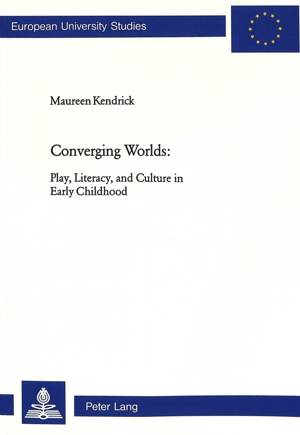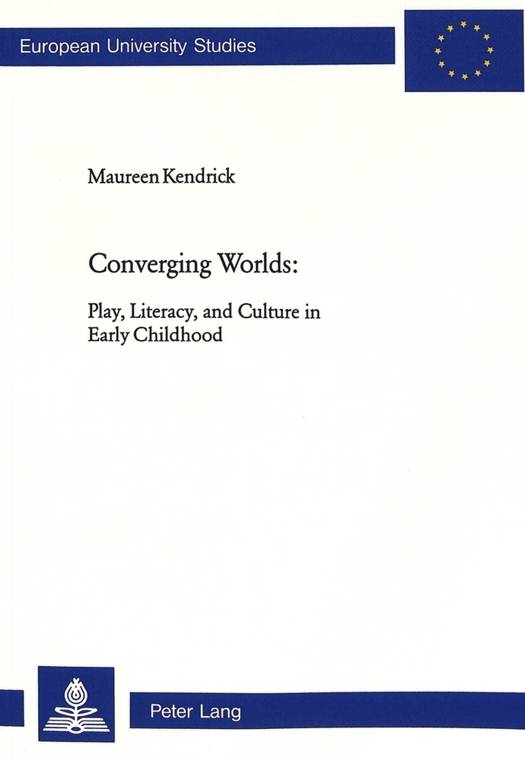
- Afhalen na 1 uur in een winkel met voorraad
- Gratis thuislevering in België vanaf € 30
- Ruim aanbod met 7 miljoen producten
- Afhalen na 1 uur in een winkel met voorraad
- Gratis thuislevering in België vanaf € 30
- Ruim aanbod met 7 miljoen producten
Zoeken
€ 97,45
+ 194 punten
Omschrijving
Although there are studies that examine play and literacy relationships, literacy and family relationships, and childhood play in cross-cultural contexts, there are currently no detailed, grounded studies that weave these together as a way of re-theorizing traditional approaches to the study of play and literacy in early childhood. Framed within the perspectives of emergent literacy, social constructivism, and social positioning theory, this qualitative case study explores the intersections of play, literacy, and culture through an in-depth examination of the home-based play activities of a five-year-old Chinese girl. The unique focus of the book offers an up-to-date viewpoint on the bi-directionality and reciprocity between play and literacy learning by exploring issues of gender, identity, family literacy, and culture. Written in narrative format, this highly accessible book paints a rich portrait of what it means to be a child language learner in and across complex linguistic worlds where dissonant cultures must sometimes be negotiated.
Specificaties
Betrokkenen
- Auteur(s):
- Uitgeverij:
Inhoud
- Aantal bladzijden:
- 206
- Taal:
- Engels
- Reeks:
- Reeksnummer:
- nr. 866
Eigenschappen
- Productcode (EAN):
- 9783906769486
- Verschijningsdatum:
- 11/02/2003
- Uitvoering:
- Paperback
- Formaat:
- Trade paperback (VS)
- Afmetingen:
- 140 mm x 210 mm
- Gewicht:
- 289 g

Alleen bij Standaard Boekhandel
+ 194 punten op je klantenkaart van Standaard Boekhandel
Beoordelingen
We publiceren alleen reviews die voldoen aan de voorwaarden voor reviews. Bekijk onze voorwaarden voor reviews.








